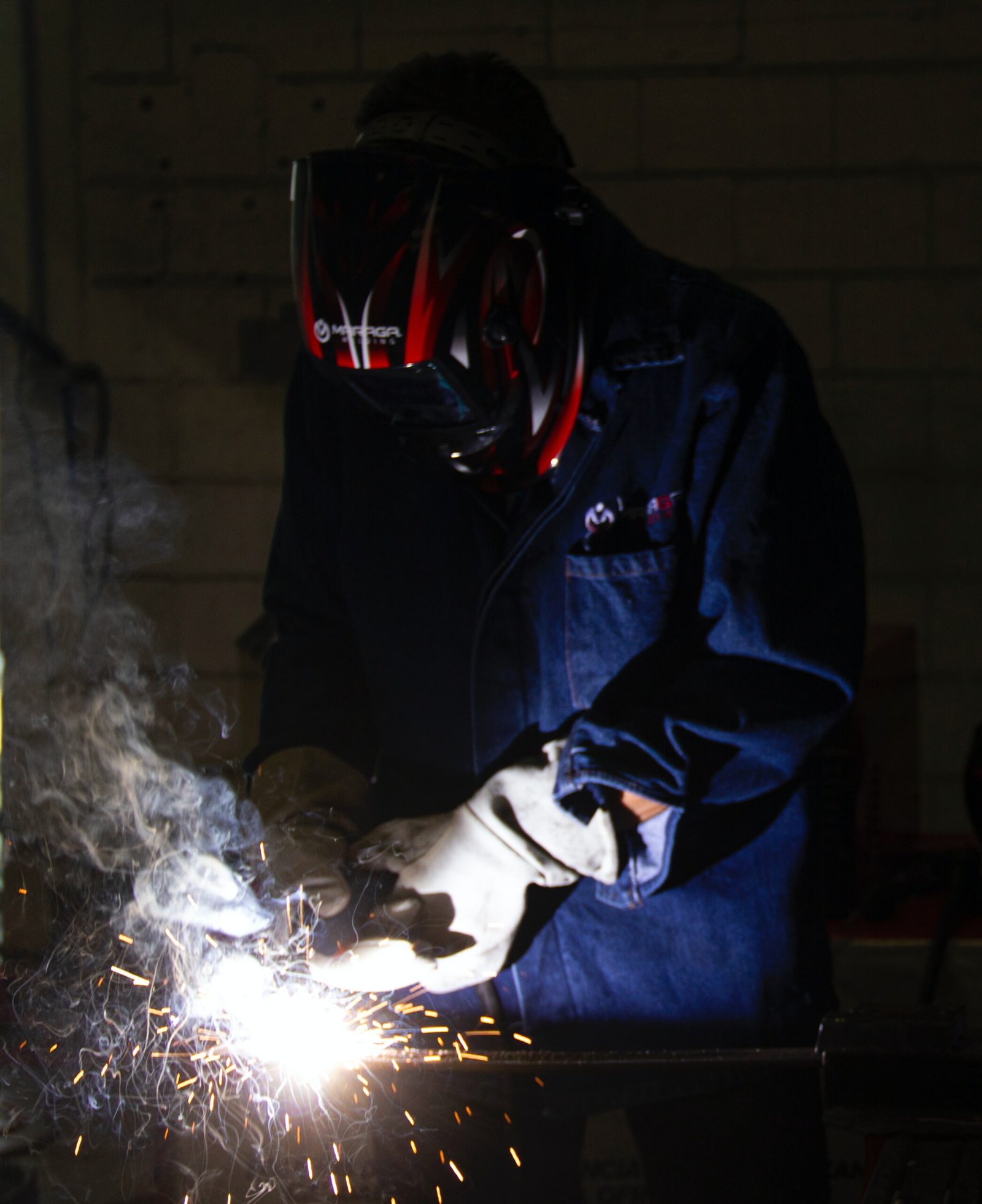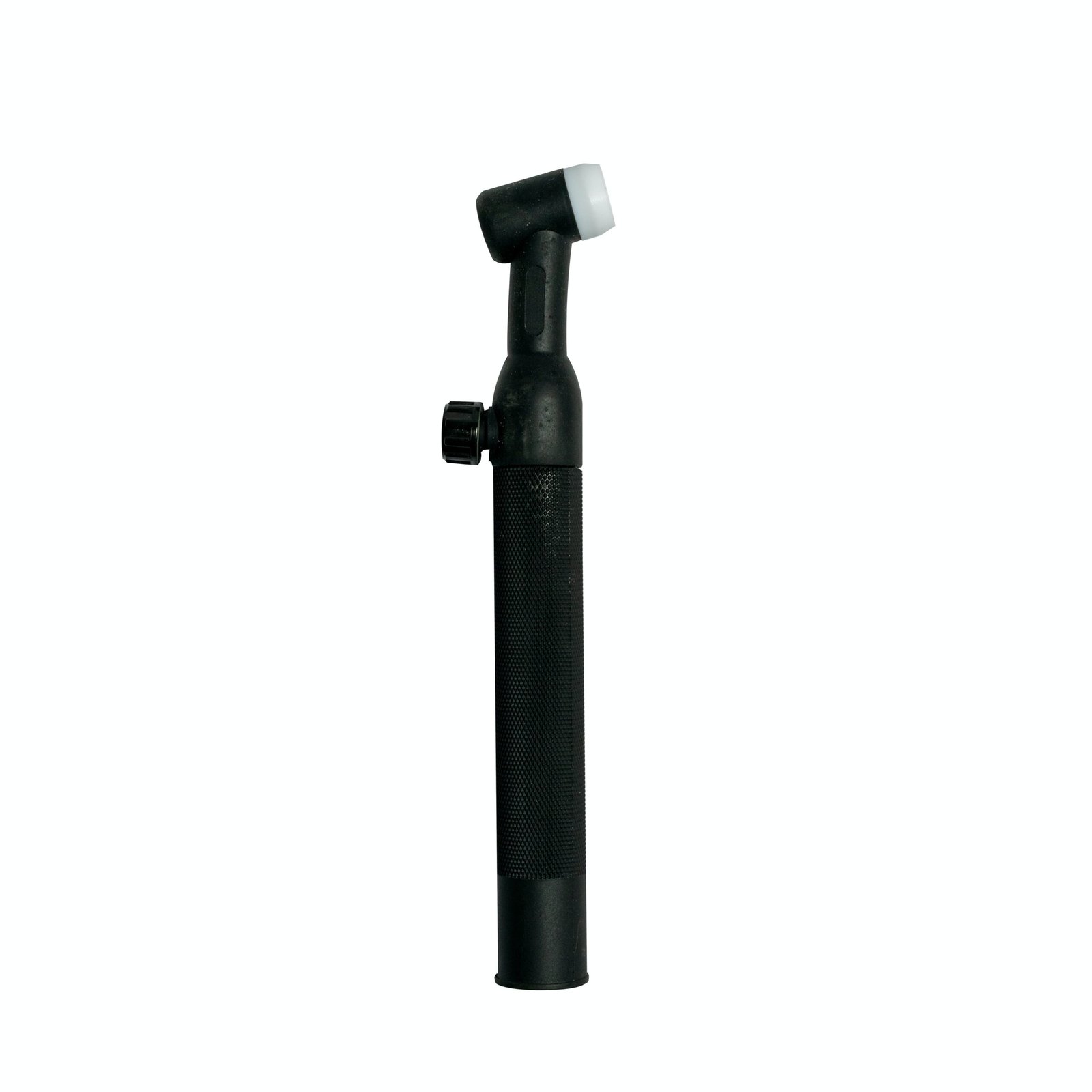When it comes to welding, having the right equipment is crucial. One often overlooked but essential component is the welder extension cord. A good quality extension cord can make a significant difference in the performance and safety of your welding projects. In this guide, we will explore the key factors to consider when choosing the best welder extension cord.
1. Gauge and Length
The gauge and length of the extension cord are two critical factors that determine its performance. The gauge refers to the thickness of the wire, and a lower gauge number indicates a thicker wire. For welder extension cords, a lower gauge is preferable as it allows for better conductivity and reduces the risk of overheating.
The length of the extension cord also affects its performance. Longer cords can result in voltage drop, leading to reduced power output. It is recommended to choose a cord that is as short as possible while still allowing you to work comfortably.
2. Amp Rating
The amp rating of the extension cord should match or exceed the requirements of your welder. Using an extension cord with a lower amp rating can result in overheating and potential damage to the cord or the welder. It is crucial to check the manufacturer’s specifications for both the welder and the extension cord to ensure compatibility.
3. Durability and Safety
Welding environments can be harsh, with exposure to heat, sparks, and other hazards. Therefore, it is essential to choose an extension cord that is durable and designed for heavy-duty use. Look for cords with a sturdy outer jacket made of materials like PVC or rubber, which can withstand the rigors of welding.
Safety features such as strain relief and built-in circuit breakers are also important. Strain relief prevents the cord from being accidentally pulled out, while circuit breakers protect against overloading and short circuits.
4. Plug and Receptacle Type
Ensure that the plug and receptacle type of the extension cord match those of your welder. There are different plug and receptacle configurations, such as NEMA 6-50 and NEMA 14-50, which are commonly used for welders. Using the wrong type can lead to compatibility issues and potential safety hazards.
5. Brand Reputation and Warranty
When investing in a welder extension cord, it is advisable to choose a reputable brand known for manufacturing high-quality products. Research customer reviews and ratings to get an idea of the brand’s reputation.
Additionally, check if the extension cord comes with a warranty. A warranty provides peace of mind and ensures that you are protected against any manufacturing defects or malfunctions.
Conclusion
Choosing the best welder extension cord involves considering factors such as gauge and length, amp rating, durability and safety features, plug and receptacle type, as well as the brand’s reputation and warranty. By taking these factors into account, you can ensure that you have a reliable and safe extension cord that meets your welding needs.
Remember, the welder extension cord is an essential component of your welding setup, so investing in a high-quality cord is a wise decision. By making the right choice, you can enhance the performance of your welder and ensure the safety of your welding projects.


